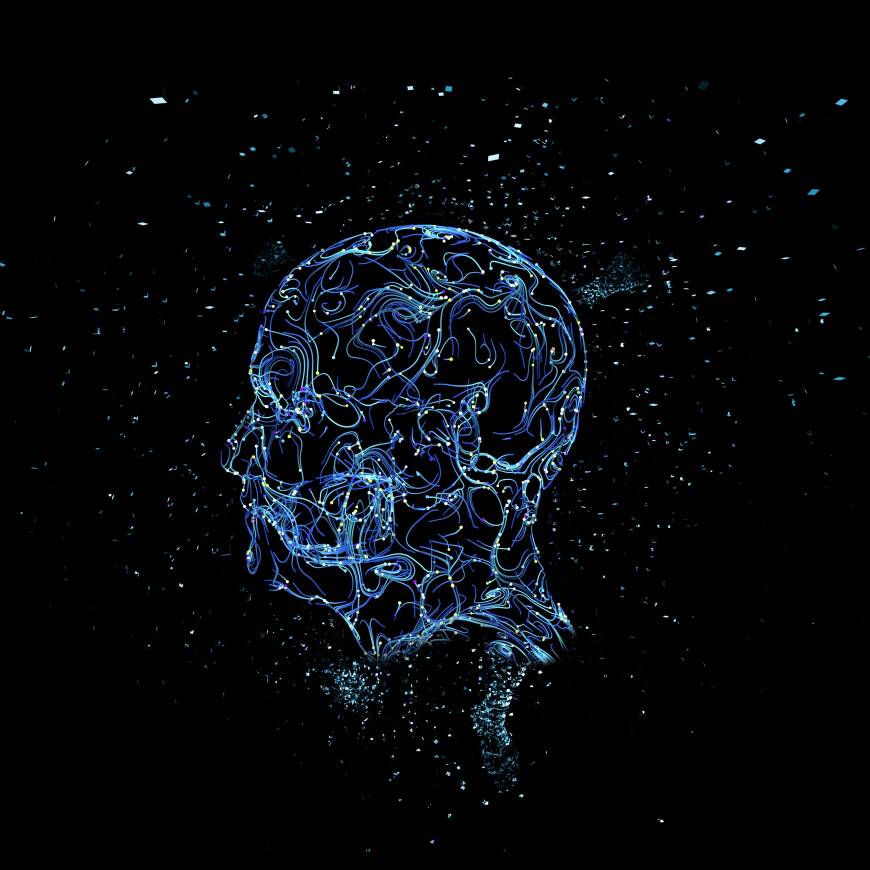
The Data Consciousness Project
20,000 consumers across 14 countries
About Data Consciousness Project
Download the Whitepaper
Contact us
With the rise of web3 and the metaverse, we are now entering a new era of data sensitivity. It is time to sharply focus on data intelligence, to create a fair balance between brand and consumer. This is our opportunity to set the building blocks for a better, more humane, world.
2017
Data awakening
Post the Cambridge Analytica scandal, we had a heightened awareness about our personal data. Brands had the opportunity to develop key factors for a positive data exchange.

76%
of APAC consumers today are worried that social media companies won’t protect their personal data
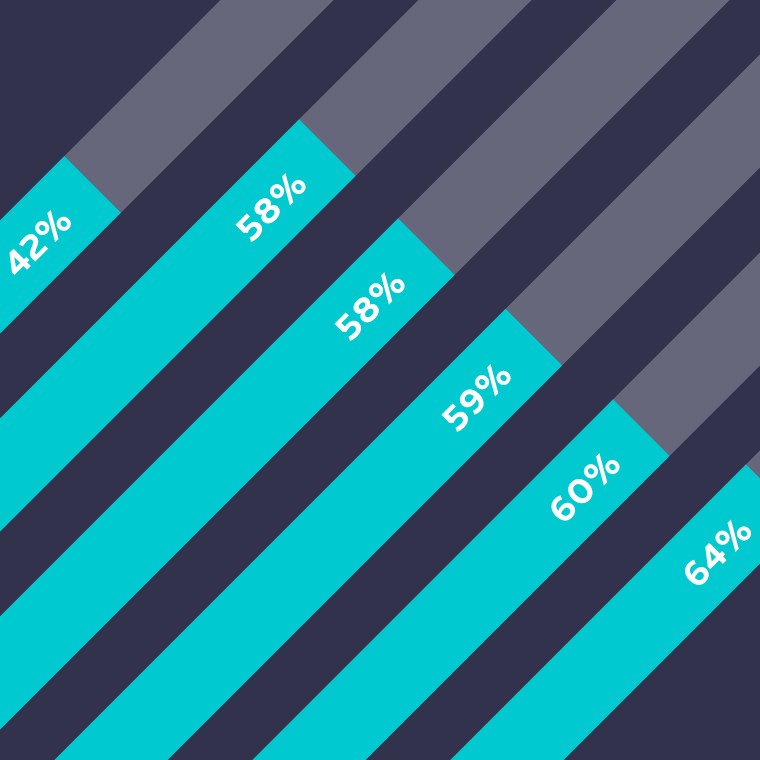

2018
Data Opportunism
‘Mutual benefit’ became the focus. People were happy to exchange their data with brands in return for rich, rewarding experiences.
2020
Data Collectivism
With COVID-19, consumers understood that decisions about their personal and collective health were informed by data. This shifted the perspective from "me" to "we".

40%
of APAC consumers are comfortable with governments having access to increased levels of personal data today

66%
of APAC consumers think they should be able to refuse data sharing without compromising service
2022
Data Resignation / Reclamation
At the moment, high data consciousness is accompanied by positive attitudes, having had our data used for the collective good throughout Covid-19. But under the surface, feelings of resignation due to the lack of autonomy we have over how our data is used are fuelling a reclamation of control.
2025 and beyond:
Data Dystopia or Data Democracy?
As the metaverse becomes real, from eye movements to breathing patterns, the quantity and sensitivity of the data collected will be astounding. This will enrich our lives immensely while having the potential to threaten both our psychological and real safety.
To keep their data advantage, brands must find the perfect balance between excitement and wariness, between trust and fear. Whether we move towards a data democracy or a data dystopia is up to us.

About The Data Consciousness Project
An annual study of the relationship between people and the data they produce, the data consciousness project seeks to understand how people feel about and respond to brands accessing their data.
Based on findings from 20,000 consumers across Asia Pacific, learn how brands can act to retain trust and a competitive advantage - and avoid the great data battle on the horizon.
This whitepaper is a summary of the full report, covering:
- ‘Data cultures’: attitudes towards the applications of technology and data across contexts, nationality and generations
- Implications for brands looking to balance multiple factors in order to create a sustainable, profiitable data-value exchange
- How to build lasting relationships with consumers in an increasingly decentralized digital landscape

Download the whitepaper now
Please fill out the request form in order to instantly download the whitepaper.
Back to top

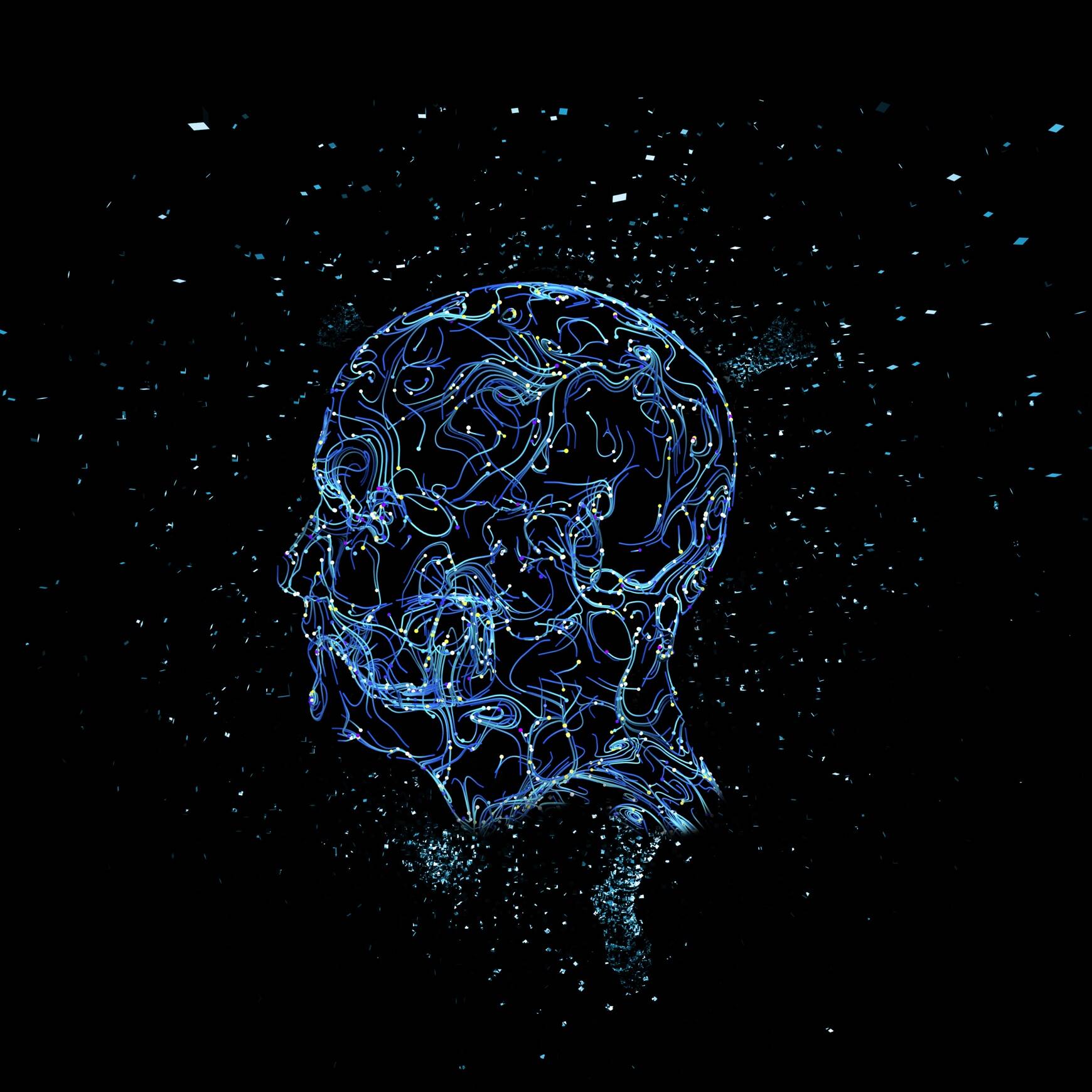


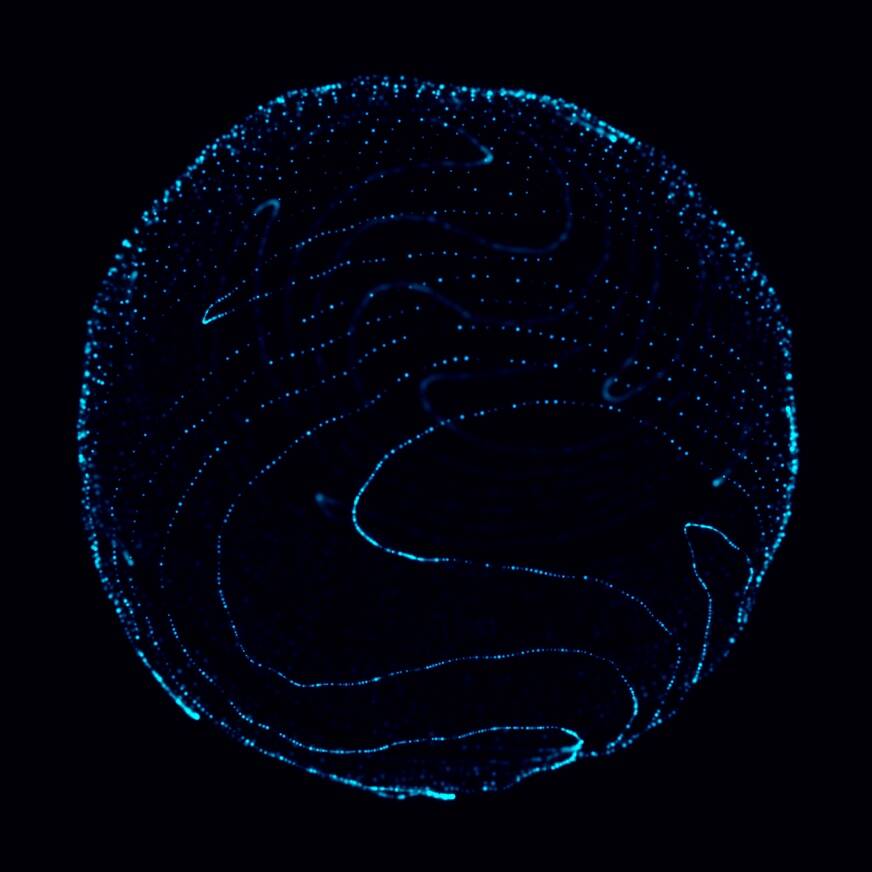







The Data Consciousness Project
20,000 consumers across 14 countries
^For India, the top 8 cities by GDP (Bangalore, Chennai, Delhi, Hyderabad, Kolkata, Mumbai, Ahmedabad and Pune) were used. From the latest census in India (held in 2011), these 8 cities represent 5% of the total Indian population.
*For China, this study included the 19 Tier 1 and Tier 2 cities of Beijing, Changsha, Chengdu, Chongqing, Dongguan, Guangzhou, Hangzhou, Nanjing, Ningbo ,Qingdao, Shanghai, Shenyang, Shenzhen, Suzhou, Tianjin, Wuhan, Wuxi, Xi'an and Zhengzhou. From the latest census numbers (held in 2021) this represents 24% of the total Mainland Chinese population.
*India and China is 18-64 only
An online study was conducted across 14 APAC countries via a third-party panel provider. Each study was conducted in a language local to each individual country. Data is nationally representative per country by age 16-64, gender and location with the exception of China* and India^.
Data disclaimer

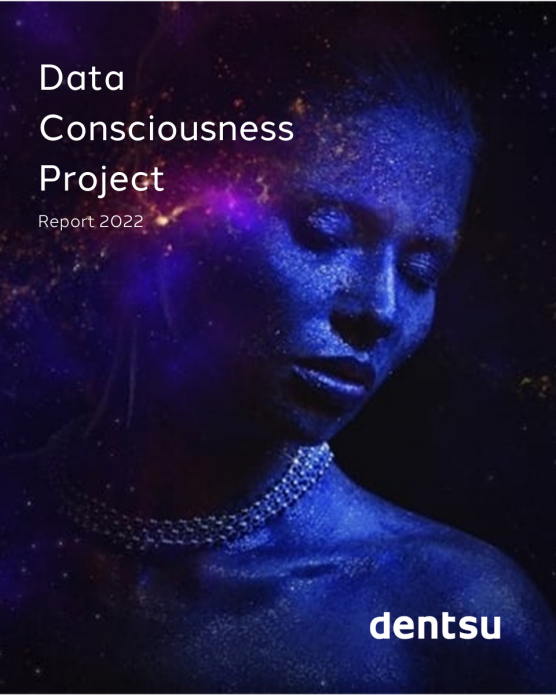
Download the whitepaper now
Please fill out the request form in order to instantly download the whitepaper.
About The Data Consciousness Project
An annual study of the relationship between people and the data they produce, the data consciousness project seeks to understand how people feel about and respond to brands accessing their data.
Based on findings from 20,000 consumers across Asia Pacific, learn how brands can act to retain trust and a competitive advantage - and avoid the great data battle on the horizon.
This whitepaper is a summary of the full report, covering:
- ‘Data cultures’: attitudes towards the applications of technology and data across contexts, nationality and generations
- Implications for brands looking to balance multiple factors in order to create a sustainable, profiitable data-value exchange
- How to build lasting relationships with consumers in an increasingly decentralized digital landscape
2025 and beyond:
Data Dystopia or Data Democracy?
As the metaverse becomes real, from eye movements to breathing patterns, the quantity and sensitivity of the data collected will be astounding. This will enrich our lives immensely while having the potential to threaten both our psychological and real safety.
To keep their data advantage, brands must find the perfect balance between excitement and wariness, between trust and fear. Whether we move towards a data democracy or a data dystopia is up to us.

66%
of APAC consumers think they should be able to refuse data sharing without compromising service
2022
Data Resignation / Reclamation
At the moment, high data consciousness is accompanied by positive attitudes, having had our data used for the collective good throughout Covid-19. But under the surface, feelings of resignation due to the lack of autonomy we have over how our data is used are fuelling a reclamation of control.

40%
of APAC consumers are comfortable with governments having access to increased levels of personal data today
2020
Data Collectivism
With COVID-19, consumers understood that decisions about their personal and collective health were informed by data. This shifted the perspective from "me" to "we".
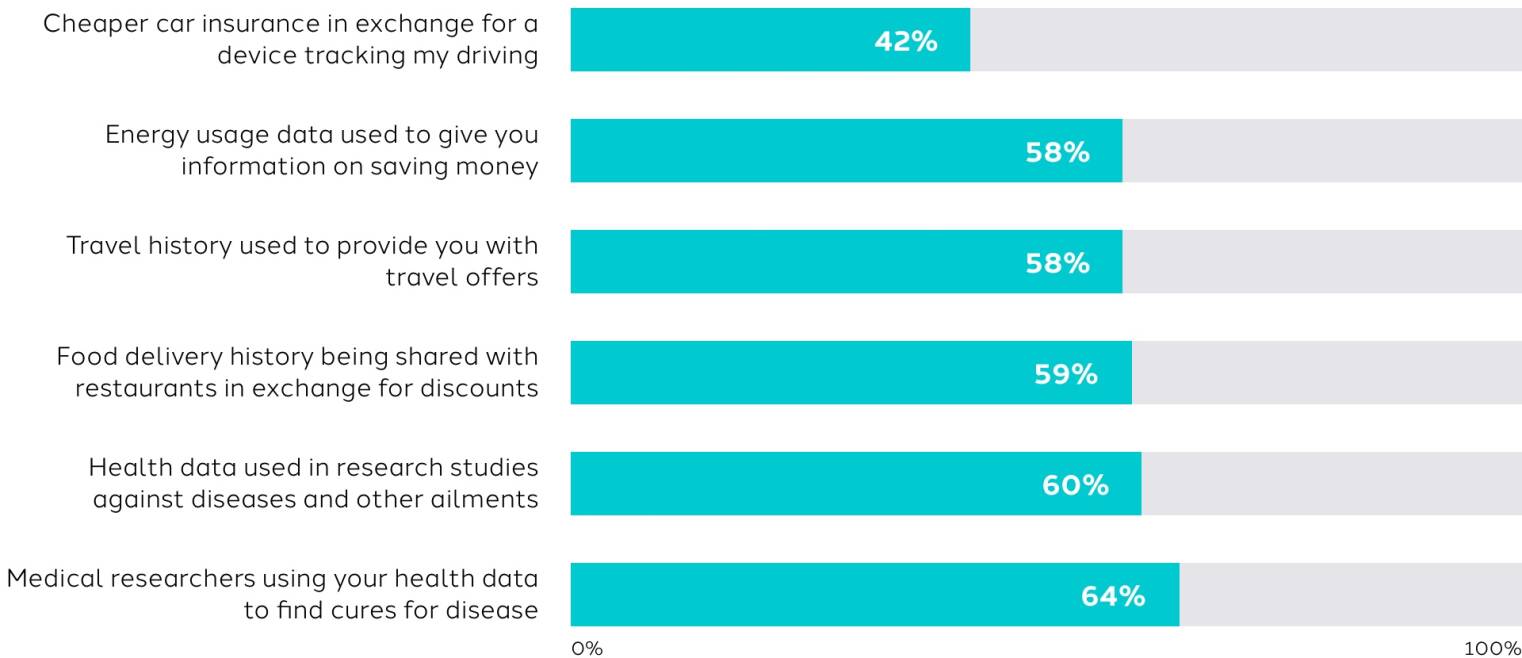
2022: APAC consumers' willingness to exchange personal data varies by the benefit they would get in return.
Benefits matter.
please swipe to view full graph
2018
Data Opportunism
‘Mutual benefit’ became the focus. People were happy to exchange their data with brands in return for rich, rewarding experiences.

76%
of APAC consumers today are worried that social media companies won’t protect their personal data
2017
Data awakening
Post the Cambridge Analytica scandal, we had a heightened awareness about our personal data. Brands had the opportunity to develop key factors for a positive data exchange.
With the rise of web3 and the metaverse, we are now entering a new era of data sensitivity. It is time to sharply focus on data intelligence, to create a fair balance between brand and consumer. This is our opportunity to set the building blocks for a better, more humane, world.









